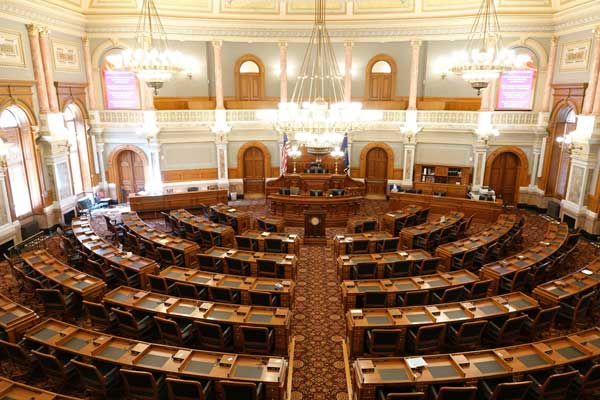Moldova’s president breaks silence and moves against Russian influence

[Brown Wooden Table Inside the Building. Photo Credits the Pexels]
Moldovan President Maia Sandu visited Kyiv on January 25, 2025, to meet with Ukrainian President Volodymyr Zelensky amid growing regional tensions and an escalating energy crisis in Moldova’s breakaway region of Transnistria.
"I bring a strong message of support for Ukraine and its people. Their courage secures our peace," Sandu wrote on the social media platform X.
The crisis in Transnistria, a Russian-backed breakaway state that is not internationally recognized, has intensified since Ukraine halted Russian gas transit on January 1, 2025.
Transnistrian President Krasnoselsky announced on January 24 that the region had only two days' worth of gas remaining, forcing authorities to implement emergency measures, including extending school holidays and furloughing factory workers.
The situation has led to daily power outages and factory shutdowns, prompting a demonstration in Transnistria on January 24.
Protesters called on Moldova to facilitate the transit of Russian gas and end the energy crisis.
In response to the crisis, Ukraine has extended support to Moldova by providing coal supplies to help with the energy deficit.
However, the Moldovan government has accused Moscow of orchestrating the crisis.
"Russia aims to create social and economic chaos, fuel tensions across Transnistria and install a pro-Kremlin government in Chisinau," President Sandu declared, highlighting Moscow’s alleged attempts to destabilize the country.
Under Sandu’s leadership, Moldova has been taking decisive steps toward European integration, implementing measures such as banning Russian-affiliated political groups and blocking access to Russian media sites.
These actions have drawn increased pressure from Moscow.
According to theAtlantic Council, Moldova faces high vulnerability to the energy crisis due to its lack of preparedness and exposure to Russian interference.
Experts emphasize that to achieve long-term energy security, Moldova must develop alternative energy sources, attract foreign investment in its energy sector, and break Gazprom’s proprietorship over Moldovagaz.
As winter temperatures continue to drop, concerns are mounting about a potential humanitarian crisis in Transnistria that could further destabilize the region.
The complex geopolitical situation in Eastern Europe demonstrates Moldova's challenging position between pursuing European integration and preserving its historical Russian connections.

- Alex Han / Grade 11 Session 1
- Thornhill Secondary School

![THE HERALD STUDENT REPORTERS [US]](/assets/images/logo_student_us.png)
![THE HERALD STUDENT REPORTERS [Canada]](/assets/images/logo_student_ca.png)
